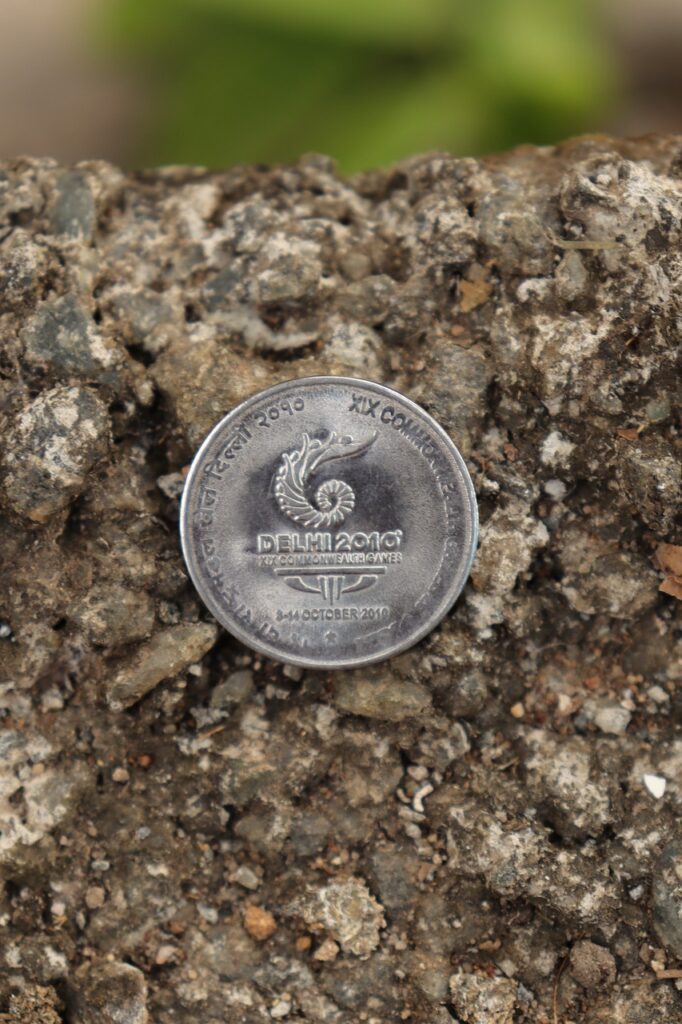
Both China and Ghana has come together with currency settlement.
Cross -continental Transactions: UPI implementation and local currency settlement talk to have reached a pivotal agreement to collaborate on the implementation of India’s Unified Payment Interface (UPI) through Ghana’s Ghana Interbank Payment and Settlement Systems (GHIPSS) within a six-month timeframe. This landmark decision signals a significant stride towards enhancing financial connectivity and facilitating smoother transactions between the two nations.

The Unified Payment Interface (UPI), pioneered by India’s National Payments Corporation (NPCI), has revolutionized digital payments within India, offering a seamless and efficient platform for instant fund transfers between bank accounts via mobile devices. By extending the UPI infrastructure to Ghana’s GHIPSS, both countries aim to streamline cross-border transactions, bolster economic ties, and foster greater financial inclusion.
The agreement reflects a shared commitment to harnessing innovative fintech solutions to address the evolving needs of the digital economy. Leveraging UPI on GHIPSS platform holds the potential to simplify cross-border payments, reduce transaction costs, and mitigate currency exchange risks, thereby facilitating smoother trade and investment flows between India and Ghana.
This collaboration is expected to benefit various stakeholders, including businesses, consumers, and financial institutions. Small and medium enterprises (SMEs) are poised to gain particularly from the enhanced accessibility and efficiency of cross-border transactions facilitated by UPI. Additionally, the integration of UPI with GHIPSS underscores the importance of interoperability and compatibility in fostering seamless financial interactions across borders.

As both nations work towards the operationalization of UPI on GHIPSS within the stipulated timeframe, they demonstrate a shared vision for leveraging technology to drive economic growth and development. This initiative exemplifies the spirit of international cooperation and partnership in the realm of digital finance, paving the way for deeper integration and collaboration between India and Ghana in the global financial landscape.
Both India and Ghana have identified key areas of focus aimed at bolstering bilateral trade and fostering mutually beneficial investments. These strategic areas encompass a wide range of sectors, reflecting the diverse economic landscapes of both nations and the potential for collaborative growth and development.
- Pharmaceuticals: Collaboration in the pharmaceutical sector holds promise for enhancing access to affordable healthcare solutions and medical supplies in both countries. Joint initiatives could include research partnerships, capacity building, and the exchange of pharmaceutical products and technologies.
- Healthcare: Strengthening cooperation in healthcare can contribute to improving healthcare delivery systems, disease prevention, and public health outcomes. This may involve sharing best practices, knowledge transfer, and joint ventures in healthcare infrastructure development.
- Information and Communication Technology (ICT): Both countries recognize the transformative potential of ICT in driving economic growth and innovation. Collaboration in this sector could entail joint projects, technology transfer, and skills development initiatives to promote digital literacy and entrepreneurship.
- Agriculture and Food Processing: Collaboration in agriculture and food processing can enhance food security, increase agricultural productivity, and promote value addition along the agricultural value chain. Joint ventures, knowledge exchange, and investment in agricultural infrastructure are potential avenues for cooperation.
- Renewable Energy: Given the global imperative to transition towards sustainable energy sources, cooperation in renewable energy presents opportunities for investment, technology transfer, and capacity building in areas such as solar, wind, and hydroelectric power.
- Power Sector: Collaboration in the power sector can contribute to enhancing energy access, reliability, and efficiency. Joint projects in power generation, transmission, and distribution infrastructure could support economic development and industrial growth.
- Digital Economy and Digital Infrastructure: Both countries recognize the importance of digital transformation in driving economic competitiveness and inclusive growth. Cooperation in digital economy initiatives, such as e-commerce, fintech, and digital infrastructure development, can create synergies and unlock new opportunities for trade and investment.
- Critical Minerals: Collaboration in the exploration and development of critical minerals can support industrial growth and technological advancement. Joint ventures and strategic partnerships in mineral extraction, processing, and value addition could strengthen the resource base of both nations.
- Textiles & Garments: The textiles and garments sector presents opportunities for collaboration in manufacturing, trade, and skills development. Joint ventures, technology transfer, and market access initiatives can promote competitiveness and sustainable growth in this sector.
By focusing on these key areas of cooperation, India and Ghana aim to harness their respective strengths, promote economic diversification, and unlock new avenues for trade and investment. This collaborative approach underscores their commitment to mutual prosperity and sustainable development in a rapidly evolving global economy.




















